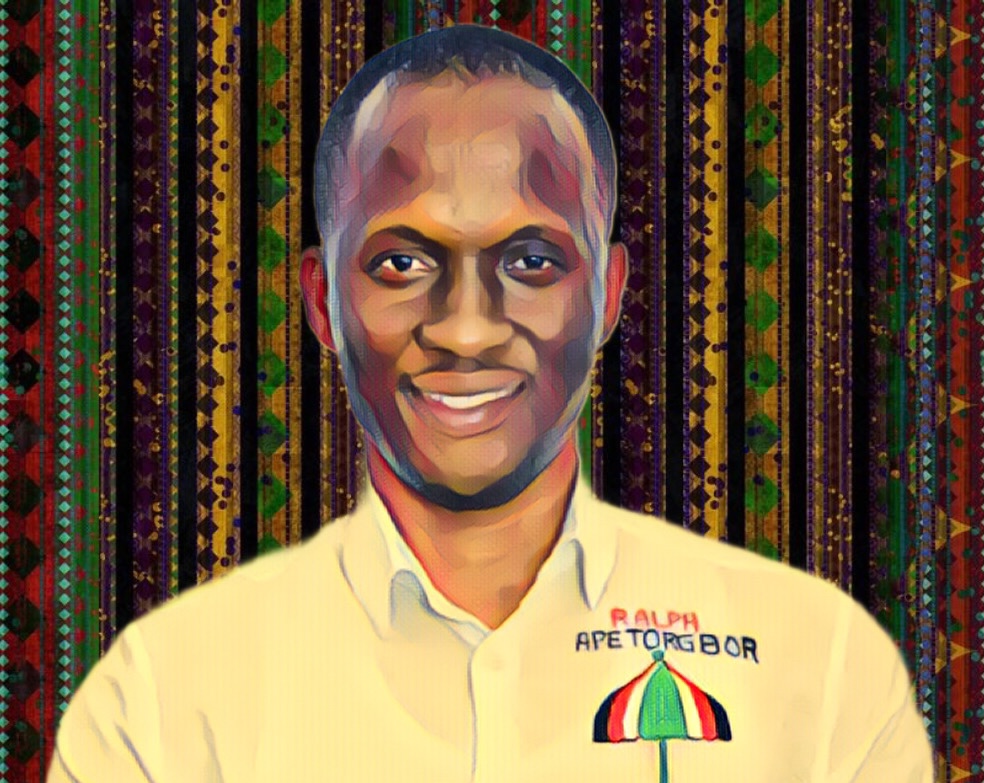Ralph Apetorgbor, a consulting editor at Telegraph Ghana, was covering the inauguration of the Ga Municipal Assembly at Sowutuom on February 12, when he was attacked by two police officers.
The officers demanded to see his camera and threatened to damage it if he refused. They then proceeded to beat him up, leaving him with bruises and injuries.
The incident has sparked widespread condemnation from media groups, civil society organizations, and human rights activists, who have called for an immediate investigation and prosecution of the perpetrators.
Journalism is not a crime
The Private Newspaper and Online News Publishers Association of Ghana (PRINPAG), the umbrella body of private media outlets in the country, issued a statement denouncing the assault as a violation of press freedom and the journalist’s rights.
“Such acts of aggression against members of the media are unacceptable and represent a direct threat to the democratic values we hold dear,” the statement said.
“Journalism is not a crime, and journalists must be allowed to perform their vital role in keeping the public informed without fear of intimidation or violence.”
PRINPAG also revealed that it has petitioned the Inspector General of Police (IGP) to investigate the matter and ensure that those responsible are held accountable for their actions in accordance with the law.
A pattern of abuse
This is not the first time that Ghanaian journalists have faced harassment and violence from security forces. In recent years, there have been several cases of journalists being arrested, assaulted, or killed for doing their work.
According to the Media Foundation for West Africa (MFWA), a regional media watchdog, Ghana recorded 31 violations against journalists in 2023, the highest in the sub-region. The violations included physical attacks, arbitrary arrests, threats, and censorship.
Also, the most prominent case was that of Ahmed Hussein-Suale, an investigative journalist who was shot dead by unknown assailants in January 2023, after exposing corruption in Ghanaian football.
Despite the public outcry and international pressure, his killers have not been brought to justice.
A call for action
The MFWA has urged the Ghanaian authorities to take concrete steps to protect journalists and end the culture of impunity for crimes against the media.
The organization has also called on the media fraternity to stand in solidarity with their colleagues and demand justice for the victims of abuse.
The Ghanaian public has also expressed support for the media and condemned the police brutality against Apetorgbor. Many have taken to social media to share their views and call for action using the hashtag #JournalismIsNotACrime.
Finally, as Ghana prepares for its general elections in November 2024, the role of the media in ensuring a free, fair, and peaceful process is crucial. The media must be able to report without fear or favor, and the security forces must respect their rights and dignity.
Source: Modern Ghana





2 comments
Your point of view caught my eye and was very interesting. Thanks. I have a question for you.
Thanks for sharing. I read many of your blog posts, cool, your blog is very good. gate美国注册